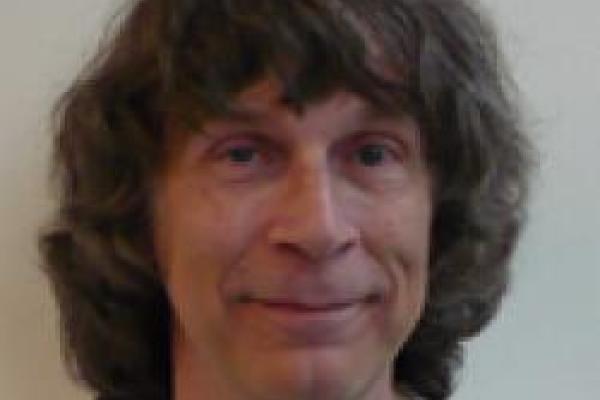
Science is a way of understanding nature. Questions can be answered by evidence, and scientists accept evidentiary arguments. Many of us wrongly expect that closing the "information deficit" for fellow citizens (and students) will defang the arguments over, for example, anthropogenic global warming or nuclear energy.
Modern life has been enabled by exploitation of cheap, concentrated sources of energy. There are, inevitably, consequences of that choice. Humans produce concentrated sources of pollution that overwhelm nature�s ability to clean it up. Stewardship of Earth is not only moral: it is necessary to preserve the richness of our lives. Unless something is done, millennium-length consequences of the greenhouse gases we have already released will cause lasting harm to the planet. Some groups of people supported by political forces and money have decided that denial of scientific data is not only reasonable, but a moral force that opposes that of stewardship. I characterize such people as "denialists," to distinguish them from true skeptics, scientists doing their work. Denialists have succored citizens who "just want the problem to go away" by sowing doubt about scientific integrity and distorting the meaning of scientific uncertainty.
I will point out how scientists can learn from social science research about how to communicate more effectively in reasoning with students and fellow citizens by speaking out whenever they have the opportunity, and by writing letters to their local papers, countering misinformation.
